 Shutterstock
Shutterstock
You call their name, squeak their favorite toy, even wave a chicken-flavored treat—and your dog stares into the void like they’re pondering the universe. Or worse, they give you a side-eye and stroll off with the cool detachment of someone with no bills and a whole food bowl. If your pup suddenly acts like you don’t exist, you’re not alone—and it’s not always just sass (though there’s some of that, too). Dogs can ignore their humans for surprising, even serious reasons—from medical issues to emotional shifts.
They’re Experiencing Hearing Loss
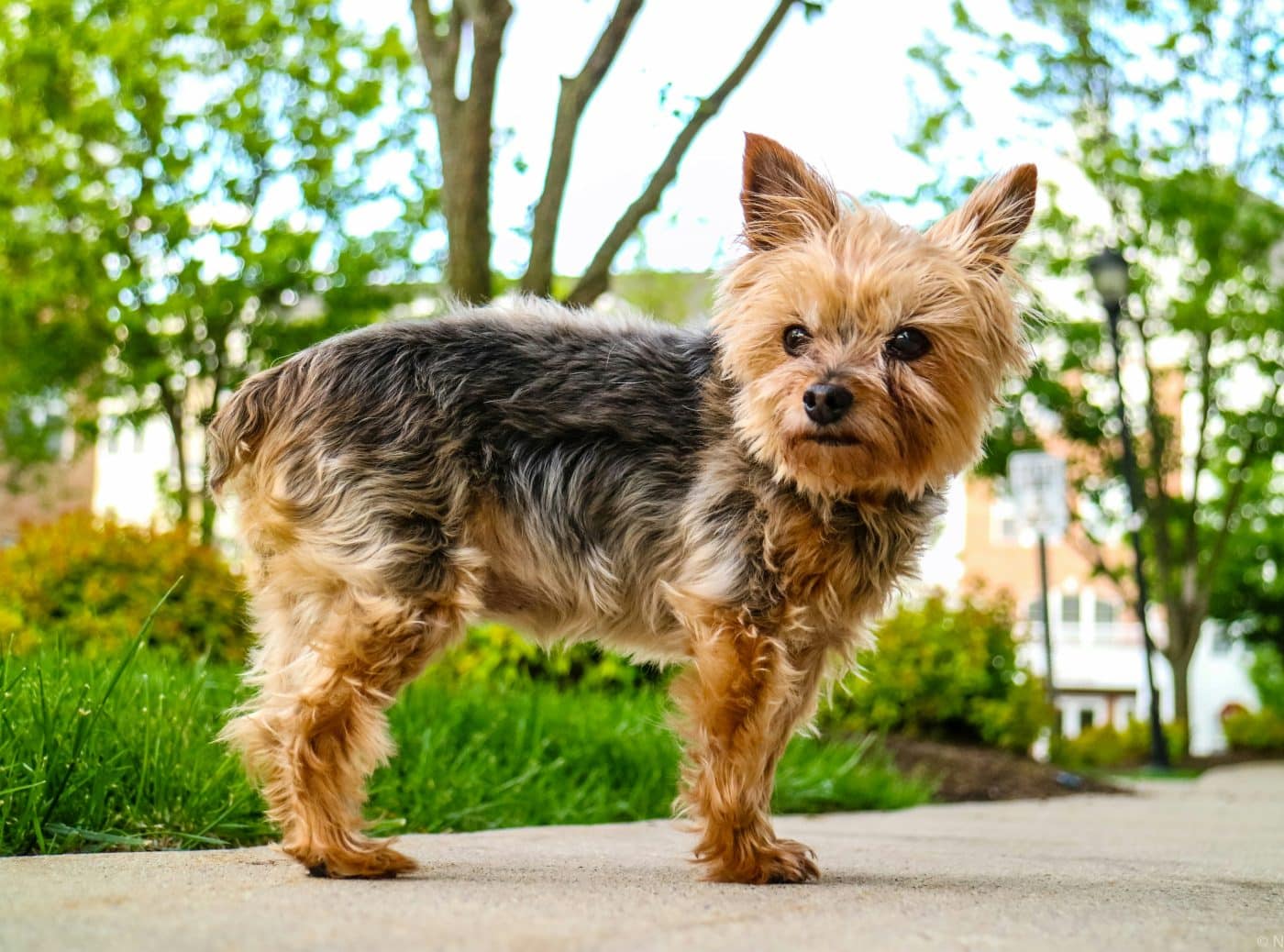 Shutterstock
Shutterstock
It might seem obvious, but hearing loss can impact you and your pup, especially in older dogs. If your dog isn’t responding to their name or familiar sounds, it might not be willful disobedience; they might literally not hear you. Age-related hearing decline is common, and ear infections or blockages can also affect their hearing temporarily. If your commands are met with blank stares, it’s time for a vet check. You might need to start learning a few hand signals—welcome to silent dog parenting.
You’ve Accidentally Trained Them to Ignore You
 Shutterstock
Shutterstock
Yes, you might be the problem. Dogs are smart, and if they’ve learned that ignoring you doesn’t lead to consequences or that listening brings no reward, they’ll tune you out. Repeating commands without follow-through or using their name in negative tones can condition them to ignore both. They’re not being rude—they’ve just realized that “come here” doesn’t always lead to treats or pets. It’s time to reboot your training strategy and rebrand yourself as fun again.
They’re Overstimulated
 Shutterstock
Shutterstock
Too many sights, sounds, and smells can send your dog into sensory overload, especially in busy environments like dog parks or city streets. When they’re overwhelmed, your voice becomes background noise—kind of like trying to get someone’s attention in a rock concert. They’re not ignoring you to be disrespectful—they’re just maxed out. Try working on commands in a quiet space before introducing distractions. Think of it as teaching them to focus in a Zen garden before taking them to Times Square.
They’re Mad at You (Kind Of)
 Shutterstock
Shutterstock
While dogs don’t exactly hold grudges like humans, they definitely experience emotions like frustration, disappointment, and confusion. They might be sulking if you’ve scolded them, skipped their walk, or committed the cardinal sin of leaving them alone too long. They may ignore you as a form of protest or signal they feel emotionally miffed. It’s their way of saying, “Talk to the paw.” Luckily, they forgive easily. Apology treats usually work wonders.
You’re Being Too Repetitive
 Shutterstock
Shutterstock
Saying “sit” twenty times in a row without any change in outcome doesn’t reinforce the command—it turns it into white noise. Dogs quickly tune out repeated, meaningless sounds. If you’ve become a background narrator in your own home, your dog might be ignoring you out of sheer boredom. Short, clear, and rewarding commands will bring the focus back. Also, maybe save the monologues for your houseplants.
They’re in Pain or Not Feeling Well
 Shutterstock
Shutterstock
Dogs often hide pain, but one clue is a change in behavior—like ignoring you or avoiding touch. If your normally affectionate pup suddenly gives you the cold shoulder, it could be a subtle cry for help. Illness, injury, or even dental issues can cause discomfort that makes them less responsive. It’s not personal—it’s physical. When in doubt, a vet visit is always a good call.
They Don’t Understand What You’re Saying
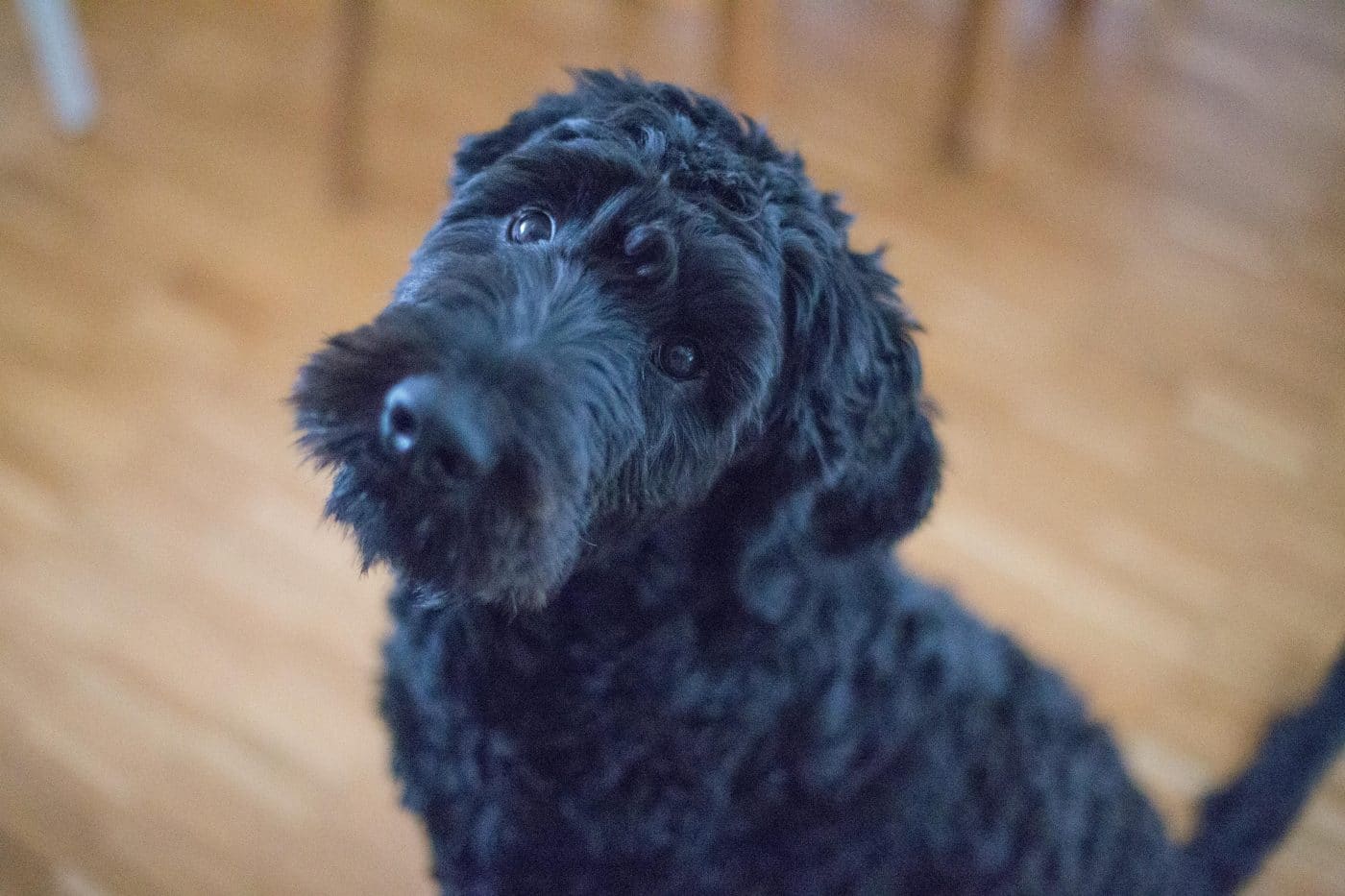 Shutterstock
Shutterstock
We love talking to our dogs like they’re fluent in English, but they’re really just experts at picking up tone, patterns, and body language. If you’re using inconsistent commands, changing up phrases, or speaking too fast, they might be confused, not rebellious. Telling your dog to “hop in the car,” “get in,” or “time to zoom!” might all mean the same thing to you—but to them, it’s gibberish. Keep your cues consistent, and your pup will feel like a language genius in no time.
They’re Distracted by Something Way More Interesting
 Shutterstock
Shutterstock
Let’s be honest—sometimes your sock just can’t compete with a squirrel. Dogs live in a world of smells and sounds that we can’t perceive, and something far more fascinating than you might have caught their attention. When a rabbit trail or mystery scent calls, you become background noise. Don’t take it personally—just work on recall training in controlled environments before trying it in the wild.
They’re Feeling Anxious
 Shutterstock
Shutterstock
Just like humans, dogs have a hard time focusing when they’re anxious. Separation anxiety, fear of loud noises, or changes in routine can make them feel unsettled and less responsive. A dog pacing or hiding may not ignore you—it might be mentally overwhelmed. Offering calm reassurance, creating a safe space, and using anxiety-reducing techniques can help them return to their loving selves.
You’ve Accidentally Rewarded the Ignoring
 Shutterstock
Shutterstock
If your dog ignores a command and still gets what they want (like going outside, getting petted, or being fed), you’ve unintentionally reinforced the ignoring. Dogs are master manipulators in adorable fur suits. They figure out pretty fast which behaviors bring results. Set boundaries, stick to routines, and make sure they earn those perks through positive response and engagement.
They’re Just Tired
 Shutterstock
Shutterstock
Sometimes, your dog isn’t ignoring you—they’re just done for the day. Physical exhaustion or mental fatigue from too much stimulation, training, or playtime can make even the most eager pup tune you out. Like us, after a long Monday, sometimes they just want to curl up and not respond to anything short of an emergency pizza delivery. Let them rest—they’ll come back refreshed and ready to listen.
They’re Getting Older
 Shutterstock
Shutterstock
Senior dogs can start ignoring cues due to cognitive decline, hearing loss, or slower response times. Canine Cognitive Dysfunction is like doggy dementia, and it often comes with confusion, wandering, and decreased engagement. It’s not attitude—it’s age. Be patient, use clear hand gestures, and provide lots of love as they navigate their golden years.
They’re Stressed by Environmental Changes
 Shutterstock
Shutterstock
Have you had a new baby in the house? Moved to a new place? Change your work schedule? Dogs thrive on routine, and they can get disoriented or anxious when things shift. Ignoring you may be a coping mechanism while they figure out what’s going on. Give them time, establish new routines, and help them feel secure during transitions.
They’ve Lost Trust
 Shutterstock
Shutterstock
If your dog associates you with scary experiences—like sudden punishments, vet trips, or loud noises—it might start ignoring you out of mistrust. Rebuilding trust takes time, patience, and positive reinforcement. Think of it as repairing a tiny, tail-wagging bridge with treats and kind gestures. Consistency and gentleness go a long way in healing any hurt feelings.
They’re a Little Too Smart
 Shutterstock
Shutterstock
Some dogs ignore commands because they’ve learned how to work the system. If they know you’ll eventually cave and give them what they want—whether it’s attention, food, or access to the couch—they’ll wait you out. This isn’t stubbornness. It’s strategic laziness. You’ve got a dog that’s playing chess while you’re stuck on checkers.
Paw-lease Respond to My Calls Again
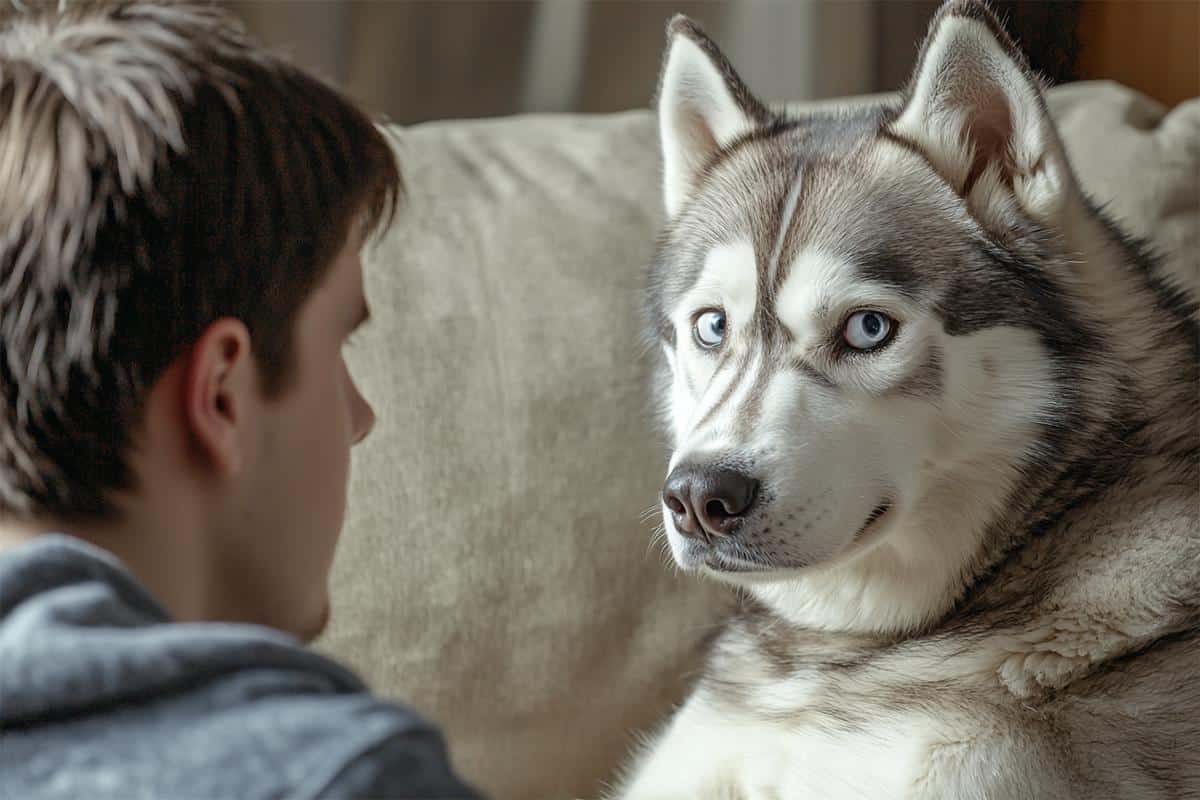 MidJourney
MidJourney
The reasons your dog might be acting like they’ve unfollowed you in real life. Dogs always have a reason behind their behavior: confusion, anxiety, selective genius, or a full-on drama queen moment. You must listen, observe, and maybe brush up on your canine communication skills. So next time your dog stares into the void instead of coming when called, remember—maybe they’re not being rude. Perhaps they’re just being… brilliantly mysterious. Or maybe they saw a squirrel. Either way, it’s time to grab the treats and win back your VIP status.

 1 week ago
9
1 week ago
9







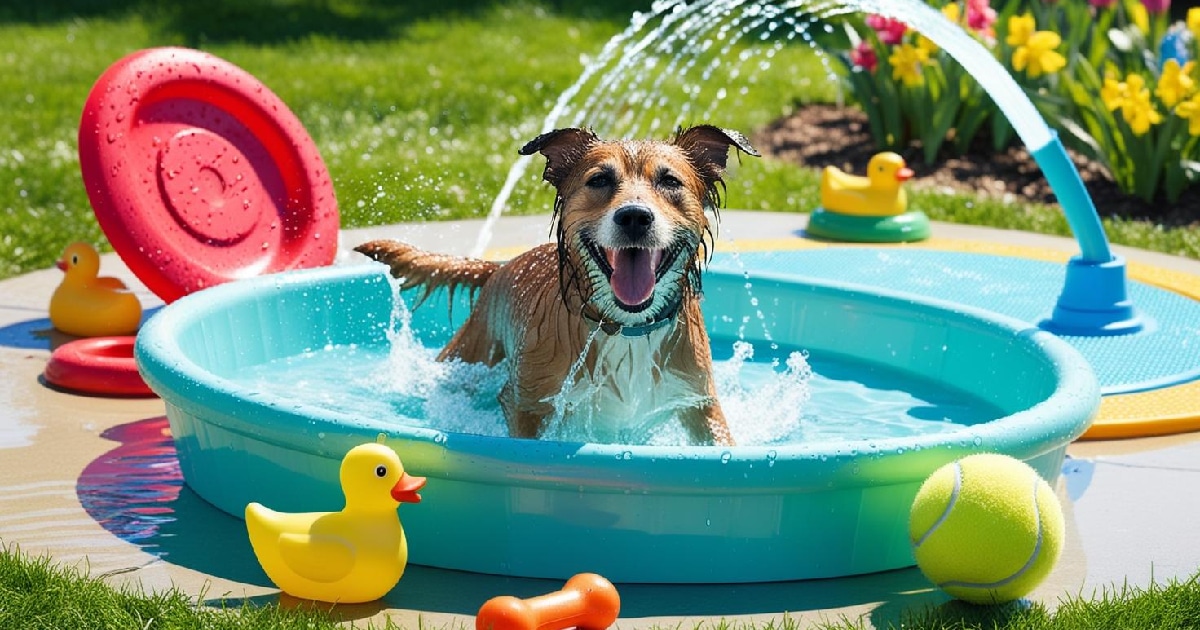

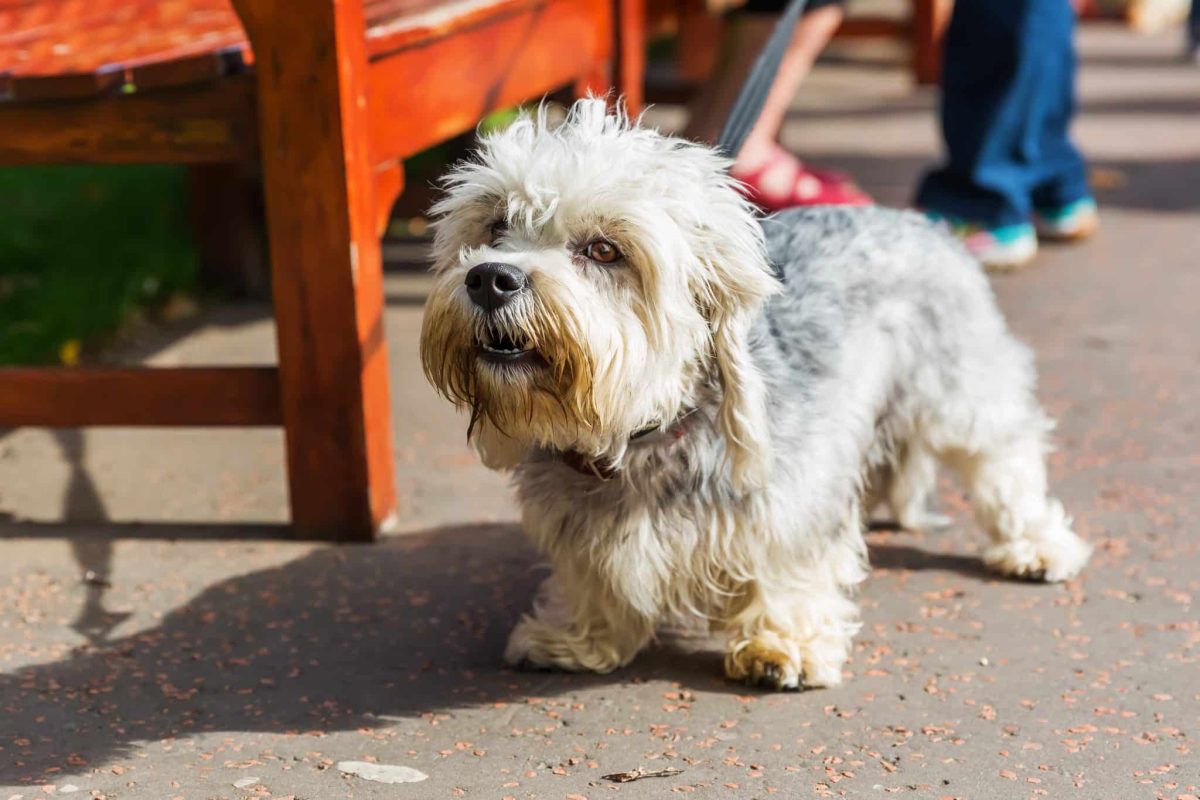

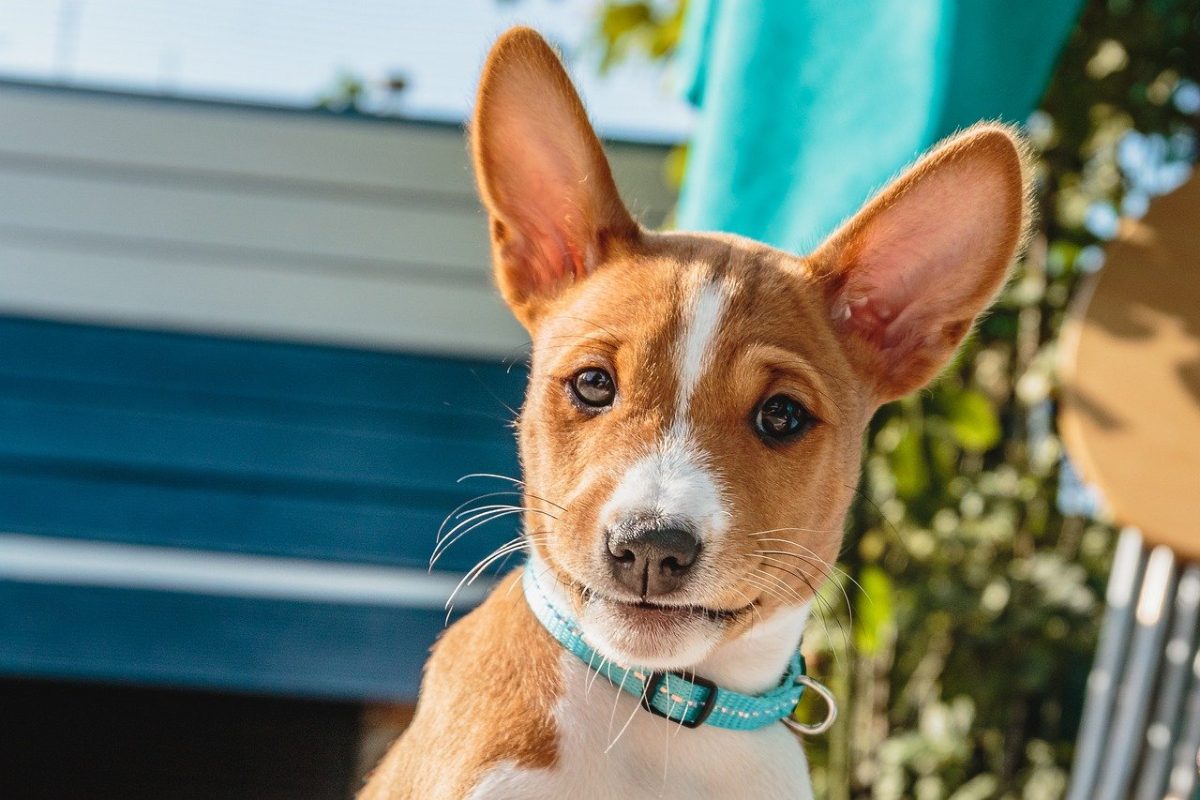
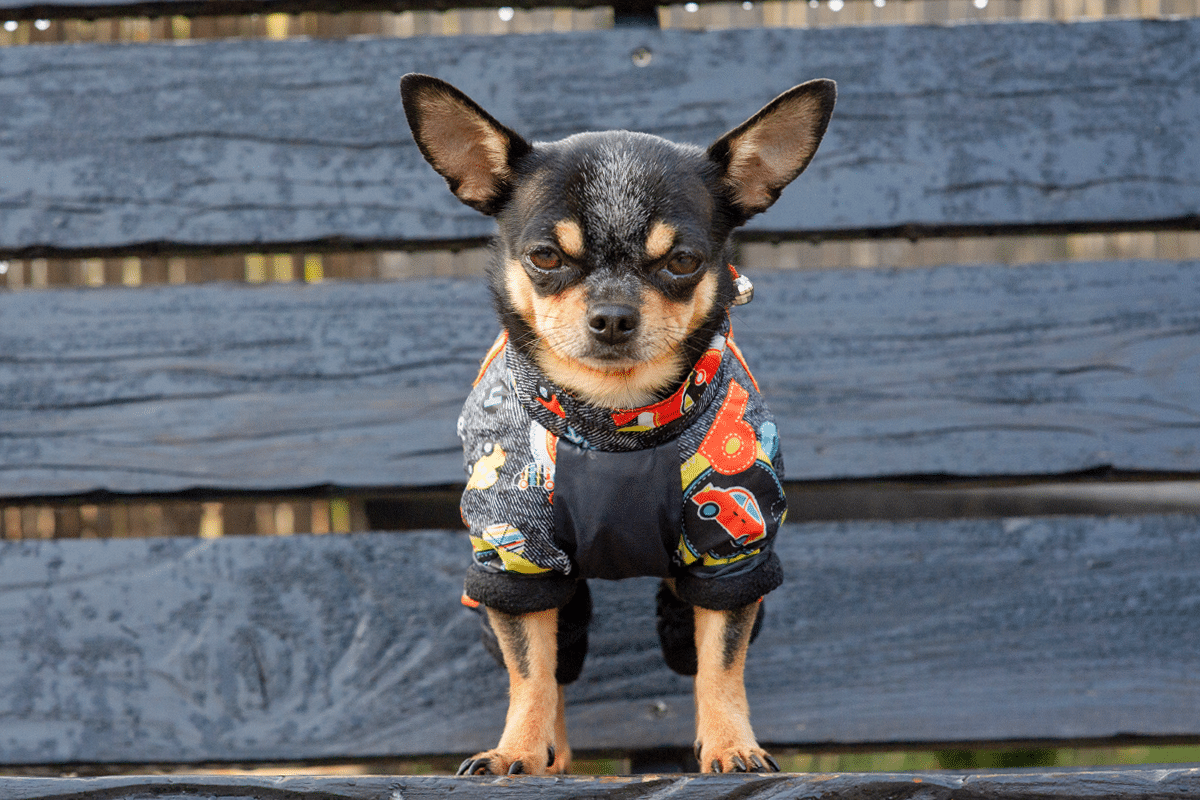

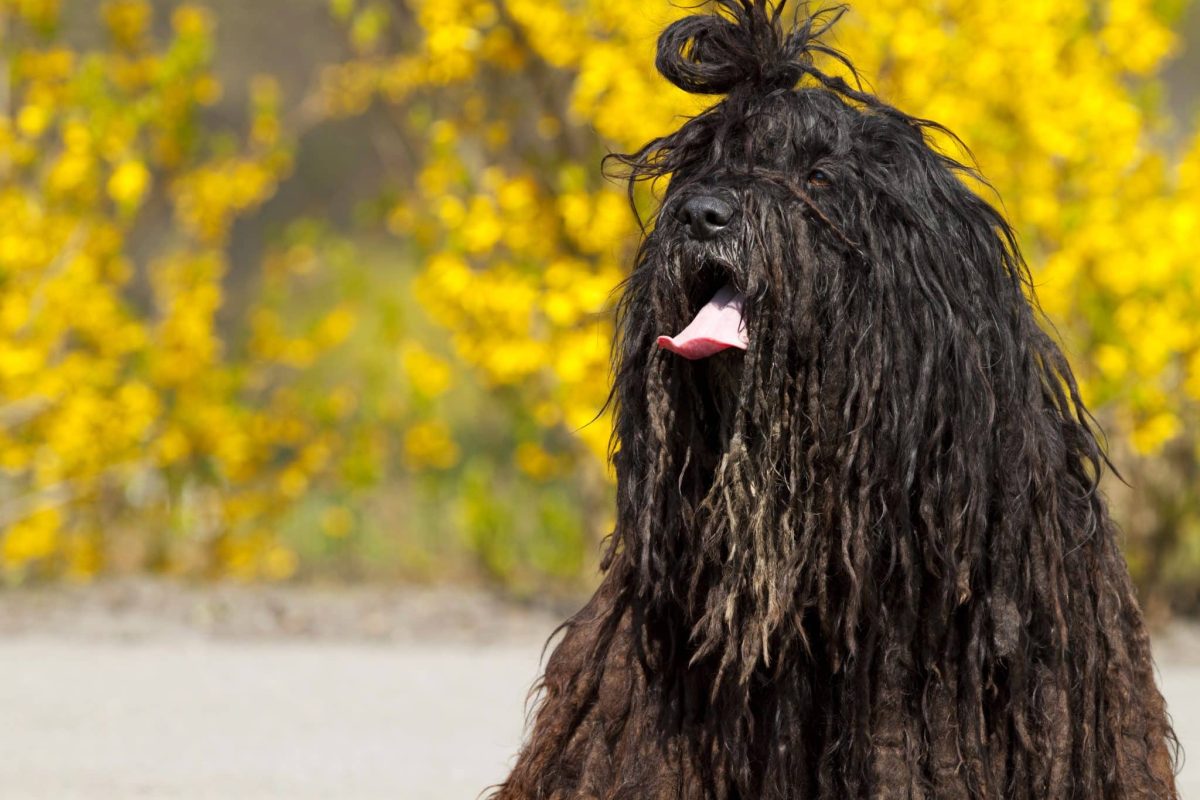
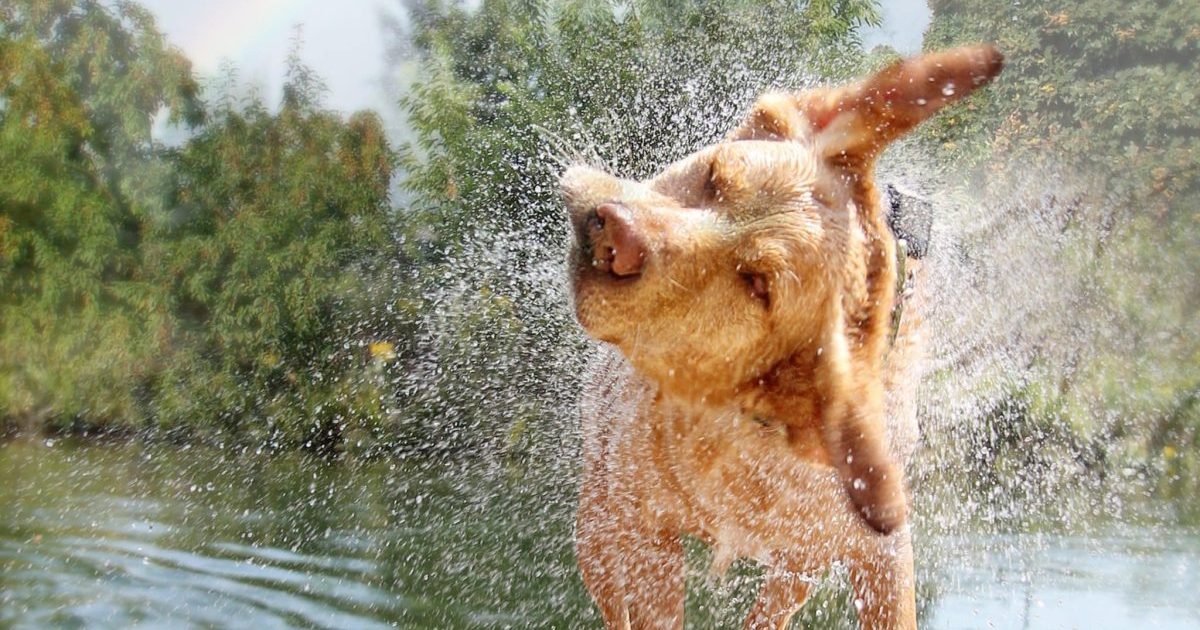


 English (US) ·
English (US) ·